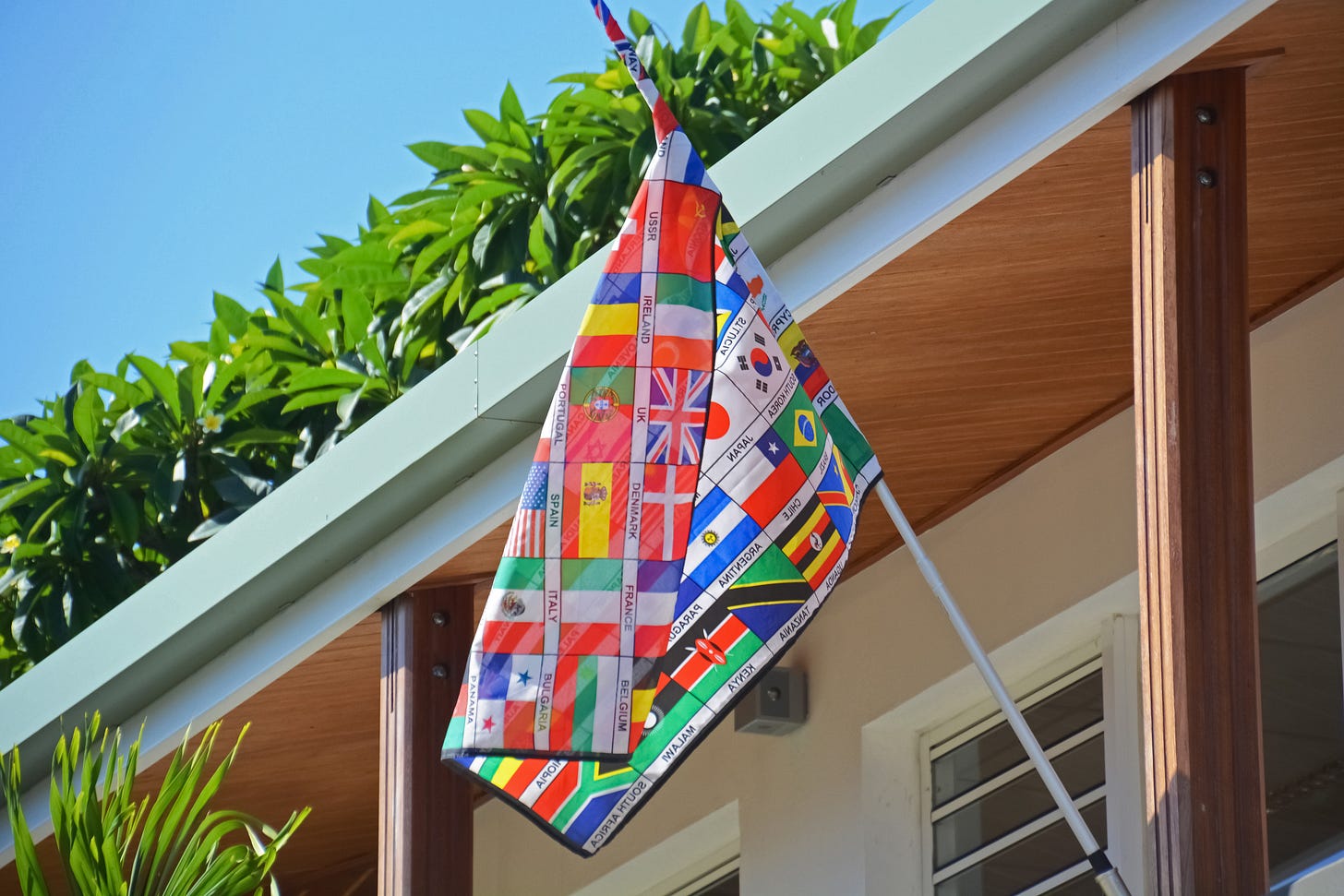International schools allow children from different culutures to learn alongside one another. But new woke policies emphasise racial differences and pose a threat to both education and pupil wellbeing, writes Alexander Hughes.
For many state-school teachers based in the UK, the opportunity to work internationally is a dream come true. I was one of them.
After 22 years in the classroom, I was caught between difficult behaviour from a significant minority of pupils, managerialism, and unrealistic expectations, all while my salary as Head of Faculty barely covered the nursery costs of our two young children. Two years ago, when a great opportunity came up in a renowned international school, with a good salary, and Bali just around the corner, we took the plunge. As an added bonus, I looked forward to escaping the woke thinking that was already starting to make its presence felt in the minds of staff and children. But it turns out I got that one wrong.
International schools
International schools can be found in or around every global city. They are often branches of established British public schools, that have ridden the wave of international trade, exporting their brand of tradition, education, achievement, and aspiration to the super-rich, new middle-class, expat workers (all paid for by their companies) and the teachers themselves. Some schools teach a UK curriculum with GCSEs and A Levels while others teach the International Baccalaureate. Many offer a combination of both. Whichever option, the schools perform two key roles: they offer children access to the elite world that speaking English brings and they help them apply for the highest ranked universities in the world. The fees, as you would expect, are stratospherically beyond the means of most people in developing countries. My school charges parents £25,000 per year for a pupil taking International GCSEs.
International schools tread the line between meeting aspirations of global citizenship and meeting (or frequently avoiding) the laws and sentiments of host nations. This is the space in which the Council of International Schools (COIS) operates. The COIS is a body independent of any national government. Its main function is to accredit international schools, ensuring that they are meeting standards ranging from teaching and learning all the way through to site management. Its aim is to ensure schools provide pupils with a high standard of education, while still allowing them to operate within their national and community contexts. Schools consider COIS accreditation a badge of honour, proudly displaying its logo on websites and literature. It has traditionally served as a guarantee to parents that the school has reached high standards of competency. Up until now.
For a majority of international teachers, myself included, working alongside people from different cultures is immeasurably rewarding. Many of us, like me, have partners from different cultures or ethnicities and mixed-heritage children. We are certainly not racist. In fact, many of us would consider ourselves to have actively worked to combat racism.
Anti-racism training
It is precisely because of this reality that I object so strongly to the recent inclusion of anti-racism policies in the COIS accreditation process. It seems to me that official anti-racism policies are underpinned by very different beliefs than simply being against racism. In my view, the necessity for accredited schools to demonstrate official anti-racism policies violates the fundamental values of the United Nations Convention on the Rights of the Child that COIS claims to uphold.



